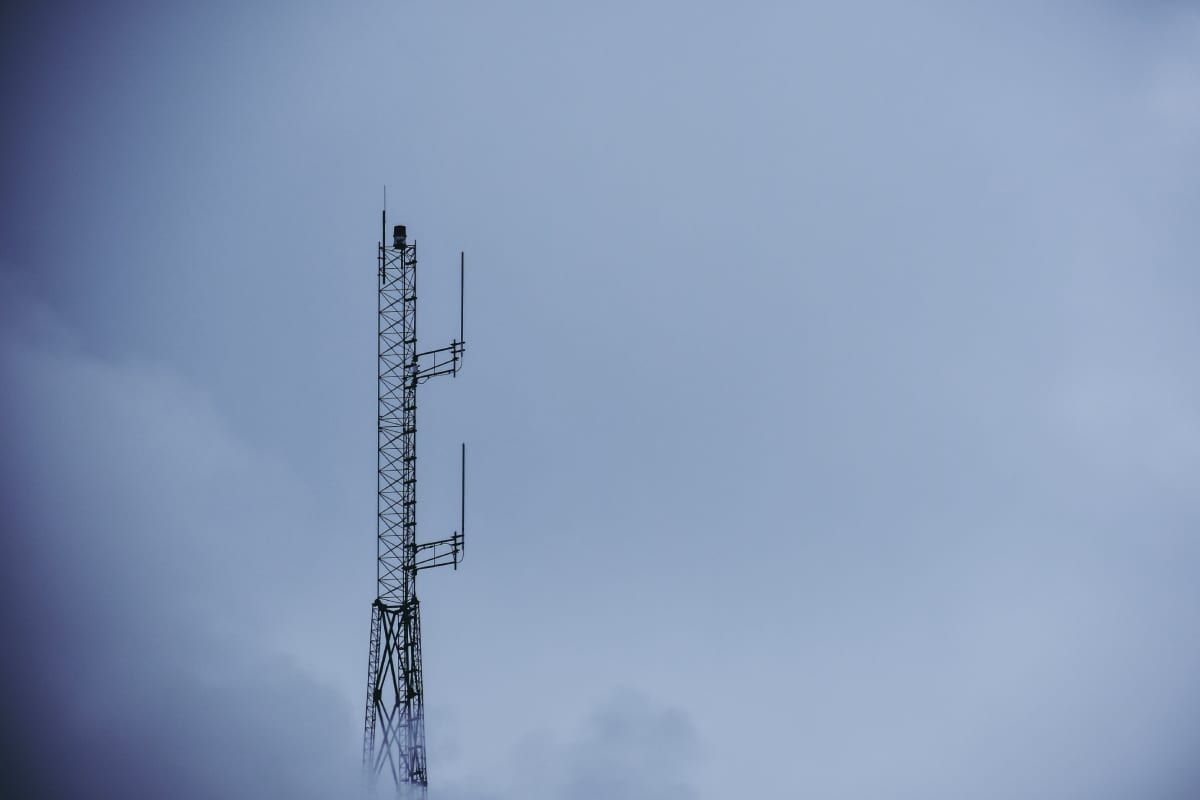
On 24th December 2023, the Telecommunications Bill, 2023 received the President of India’s assent after passage in both houses of the parliament and became a law i.e., The Telecommunications Act, 2023 (“Telecom Act”). The Telecom Act has now become the prevailing law for the development, expansion, and operation of telecommunication services and telecommunication networks, assignment of spectrum, and related matters. The Telecom Act will replace the existing legal framework governing the telecommunication sector comprising the Telegraph Act, 1885 and the Wireless Telegraphy Act, 1933, once the Central Government notifies the date on which the relevant provisions will come into force.
By way of brief background, the Department of Telecommunications (“DoT“) had earlier introduced a draft of the Indian Telecommunication Bill 2022 (“Telecom Bill”) for public consultation on 21st September 2022. The Telecom Bill received push-back for the legal and regulatory confusion that will be caused by the clubbing of Over-the-Top (“OTT”) communication services, internet-based communication services with the telecommunication services, introducing licensing requirements for providing, inter alia, OTT communication services and also encroaching upon the authority of the Telecom Regulatory Authority of India (“TRAI”). While some of these concerns seem to have been addressed, a closer examination of the Telecom Act shows that the definitions of key terms such as telecommunication, telecommunication services, and messages within the Telecom Act are wide and may potentially include regulation of OTT communication services. However, Shri Ashwini Vaishnaw, the Minister for Railways, Communications, Electronics & Information Technology, has reportedly clarified to various news outlets that OTT players or applications will not fall under the scope of the Telecom Act and will continue to be regulated by the Information Technology Act, 2000 (“IT Act“).
Brief Overview of the Telecom Act
Further, authorised entities offering certain ‘notified’ telecommunication services will be required to identify persons who are availing telecommunication services using prescribed verifiable biometric-based identification.
India’s rapid economic growth creates fertile ground for telecom-powered innovation and progress. The widespread adoption of 5G networks and related technologies positions India to tap into fresh possibilities within the telecom and digital realms. The Telecom Act fuels this transformation by unleashing the full power of India’s telecom networks. The Telecom Act aligns with the government’s broader reforms like the Digital Personal Data Protection Act, the Digital India initiative, and the upcoming Digital India Bill, driving India’s ambitious march towards a digitally empowered future.
To this effect, the Telecom Act attempts to regulate activities related to telecommunications by introducing several changes to existing regulatory mechanisms governing the sector. The Telecom Act replaces the licensing regime for the establishment, maintenance, or operation of telegraphs with the introduction of an authorisation model for the provision of telecommunication services and for operating telecommunication equipment and networks. The Telecom Act has established a legal foundation for authorized entities to implement cybersecurity measures, aimed at safeguarding and ensuring the cybersecurity of both telecommunication networks and telecommunication equipment. Further, the Telecom Act amends the TRAI Act to allow for the appointment of members and the chairman from the private sector as well. This opens up the opportunity for cross-pollination of best practices as till date only individuals who have served in the State/Central Government were eligible for appointment as member or chairman in TRAI.
However, the Telecom Act does have some areas of concern. Given the broad definition of the term “telecommunication”, “telecommunication services”, and the inclusion of “data stream” within the term “messages”, the Telecom Act can potentially include OTT communication services as well. This would subject OTT communication service providers, who may also qualify as intermediaries, to dual regulation under the Telecom Act and the IT Act. This is because the IT Act already governs and provides a due diligence framework for intermediaries under the Information Technology (Intermediary Guidelines and Digital Media Ethics Code) Rules 2021. By subjecting OTT communication services to the same regulatory treatment as the telecommunication services provided by authorised entities in the network layer, the Telecom Act clearly overlaps with the provisions of the IT Act. In light of this, the DoT should limit the definition of “message” under the Telecom Act to specifically exclude “data stream” from the ambit of “message” in order to exclude OTT communication services and thereby separate the treatment of services in the network layer and the application layer. While the minister of communications and electronics & information technology, Shri Ashwini Vaishnaw, has reportedly clarified to various news outlets that OTT communication services remain regulated by the IT Act and are not covered in the Telecom Act, there has been no formal clarification that has been issued by the Ministry to this effect. Accordingly, whether OTT communication services will be completely excluded or not from the purview of the Telecom Act will be realised in the fullness of time. The major challenge that OTT communication platforms will face if they get covered within the purview of the Telecom Act is the implementation of the provisions pertaining to interception, as the same will affect the end-to-end encryption of OTT communication platforms, requiring them to completely reconfigure their operational architecture. This process would be extremely cost intensive and would impede the introduction of novel and innovative products and features by OTT communication service providers.
In conclusion, while the Telecom Act sets the stage for India’s digital transformation and telecom evolution, it is imperative that the government navigates its powers judiciously, addressing privacy and regulatory concerns and establishing clear safeguards for a resilient telecommunications landscape.
This article was first published on Saikrishna & Associates

